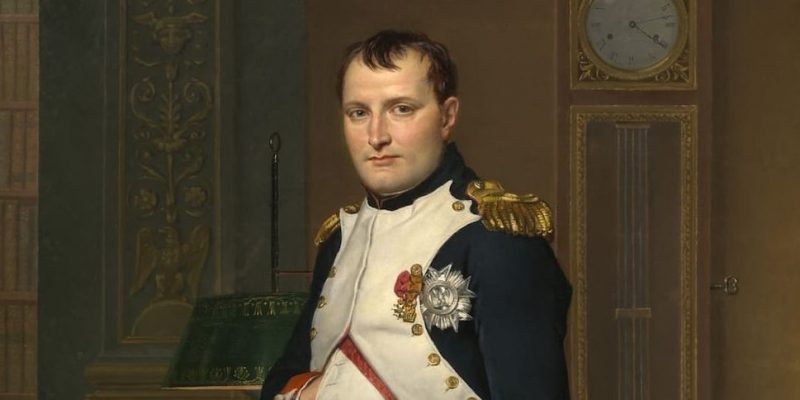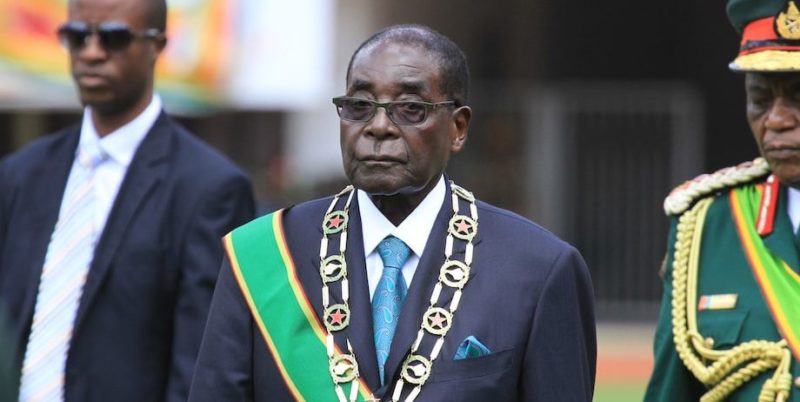We explain what an autocracy is, its history, characteristics and recent examples. Also, differences with a democracy.

What is an autocracy?
an autocracy It is a form of government in which political power rests with a single figure or person whose acts and decisions are unquestionable and are not subject to any form of legal restriction or popular control. Anyone who exercises power in this way is known as an autocrat.
An autocracy is, therefore, a dictatorship or tyranny, although these terms are not exactly synonyms. We could rather say that modern dictatorships are forms of autocracy, but so were the absolutist monarchies of the 17th century. The truth is that political regimes of this nature have always existed.
In fact, the very term “autocracy” comes from Greek antiquity, and appears in the work of Plato in the 5th century BC. C., where they talked about autokrateia as a synonym for absolute power (derived from cars“by itself”, and kratos“can”).
Later, the Russian tsars also used it to refer to themselves and their power, different from that of the constitutional monarchs of Western Europe. But the term autocrat began to become popular in 1803, when the English poet Robert Southey (1774-1843) rescued it to refer to Napoleon Bonaparte.
Nowadays, Any form of dictatorship and/or totalitarianism are perfect examples of an autocratic government and this would be the antithesis of a democratic government.
See also: Theocracy
Characteristics of autocracies
Autocracies are characterized by:
- Accumulate all political power in a single figure often deified or held to be the unquestionable guide of the nation's destiny.
- The decisions and actions of an autocratic leader can rarely be questioned contradict or submit to revision.
- Those who oppose autocratic power are usually persecuted and punished, so there is no formal opposition to the government.
- Under an autocracy, the life of the population is usually very controlled whether it is subjected to the rigors of poverty and misery, or whether there is economic abundance to distract from the lack of freedoms.
- modern autocracies use various mechanisms to remain in power, beyond military force and violence: they can rig elections, hold them without opposition participation, rewrite the laws at their convenience or modify the constitutional text, all in order to remain in power.
Examples of autocracy

Unfortunately, it is not difficult to find examples of autocrats in the world. If we want historical examples, it is enough to choose some pharaoh, some medieval monarch or some ruler of tsarist Russia, or some dictator of the European nationalist regimes of the 20th century, such as Adolf Hitler or Benito Mussolini.
Other more recent examples are:
- The dictatorship of Robert Mugabe (1924-2019), a politician and military hero of Zimbabwe's independence, who ruled the African nation with an iron fist despite experiencing a brutal economic crisis, with inflation figures of 14,000,000% and numerous accusations of electoral fraud and repression of opponents.
- The communist regime of the People's Republic of North Korea. It began in 1945 after the end of the Japanese occupation during World War II, and thanks to the intervention of both the Soviet Union and the United States, who divided the Korean peninsula into two nations. The northern nation has since been governed by a strict militarist and nationalist revolutionary regime, in the hands of the family dynasty started by Kim Il-sung (1912-1994), who was succeeded in power by his son Kim Jong-il (1942- 2011) and his son Kim Jong-un (1983-).
- The government of Nicolás Maduro in Venezuela. It began in 2013 after the death of the military man and charismatic leader of the self-proclaimed Bolivarian Revolution of this South American nation, Hugo Chávez Frías. Today it is considered an autocracy due to its numerous violations of human rights, persecution of dissent, dismantling of the independent powers of the State and one-party and personalistic management of the public sector.
Autocracy and democracy
Autocracy and democracy are opposite forms of government. There cannot be one if the other exists. While Democracy is based on the free popular election of who will temporarily hold political power always subject to the review and supervision of the other two republican public powers, and respecting human rights.
On the other hand, an autocratic government does not respond to the popular will. He can more or less keep his manners, that is, hide his dictatorial intentions, but deep down an autocrat does not submit to the control of other powers, nor is he willing to give up power easily.
References
- “Autocracy” on Wikipedia.
- “Autocracy” in the language dictionary of the Royal Spanish Academy.
- “Forms of government, democracy and autocracy” (video) at Open University for Adults (UAPA).
- “Autocracy” in Oxford Research Encyclopedia of Politics.
- “Autocratic versus non autocratic rule” in The Encyclopaedia Britannica.





